Weeds impact upon the biodiversity, productivity and amenity of the Southern Downs Region. In order for Council and land managers to meet their general biosecurity obligations the Southern Downs Regional Council Invasive Pests Strategic Plan 2021-2024 has been developed.
Declared weeds
State declared weeds
The Queensland Biosecurity Act 2014 protects Queensland’s economy, biodiversity and people’s lifestyles from the threats posed by invasive pests and diseases. Under the Act, certain species of invasive plants are listed
as 'prohibited ' or ‘restricted’ biosecurity matters.
Prohibited invasive plants are not present in Queensland and:
- seriously threaten Queensland's primary industries, natural environment, livestock, human health and people's livelihoods
- must be reported to Biosecurity Queensland within 24 hours of the sighting by calling 13 25 23.
A list of prohibited invasive plants, along with detailed information on individual plants, can be access via the Prohibited invasive plants page of the Business Queensland website.
Restricted invasive plants on the other hand are established in Queensland and seriously threaten Queensland's primary industries, natural environment, livestock, human health and people's livelihoods. Commonly occurring restricted invasive plants in the region include: African Boxthorn, Chilean Needle Grass, Tree Pear and Lantana. A list of restricted invasive plants, along with detailed information on individual plants, can be access via the Restricted invasive plants page of the Business Queensland website.
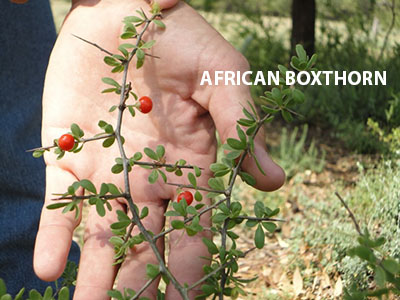
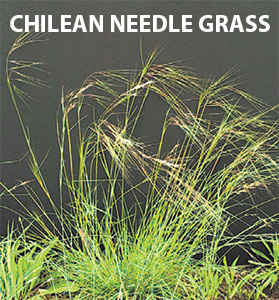
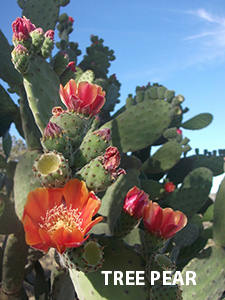
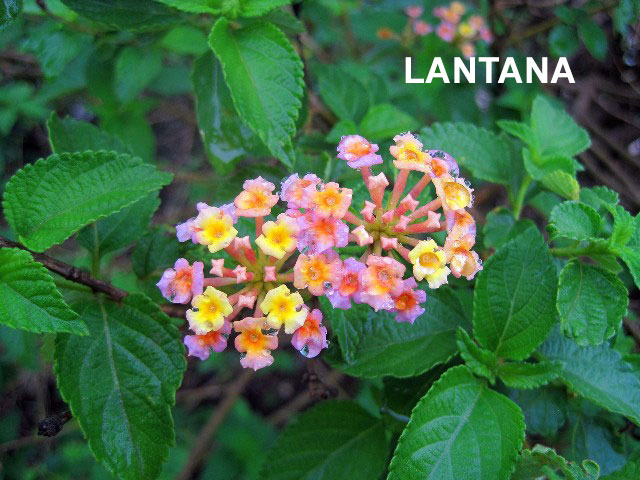
Council declared weeds
Blackberry, Firethorn, Green Cestrum and St. John’s Wort are weeds that Council has declared via the following Local Laws:
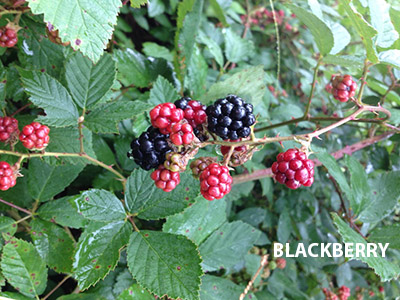
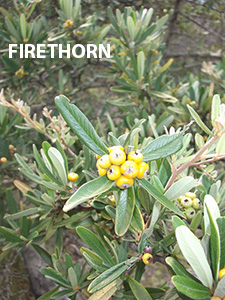
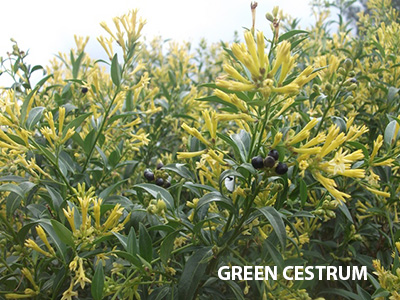
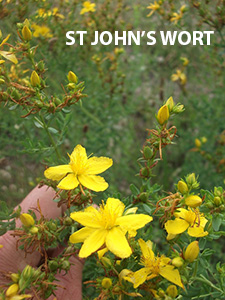
These weeds may not necessarily pose a threat to all of Queensland, but are either causing serious impacts within our region now, or have the potential to do so in the future and must be controlled on all lands.
Landholder Responsibilities
The Biosecurity Act 2014 requires everyone to take all reasonable and practical measures to minimise the biosecurity risks associated with invasive plants and animals under their control. This is called a general biosecurity obligation (GBO). All landholders are required to control declared weeds on their land, including private landholders, Council and State agencies such as Main Roads and Queensland Rail. For more detailed information on landholder responsibilities please refer to the responsibilities section of the Southern Downs Regional Council Invasive Pests Strategic Plan.
Council Responsibilities
Council undertakes control of declared weeds on its lands such as roads and reserves. Control of weeds on roads that are fenced into private property (unfenced roads) is the responsibility of the property owner. In most cases, weed control is the lessee’s responsibility on reserves that are leased.
Council also undertakes inspections of private property to ensure landholders are meeting their general biosecurity obligation under the Biosecurity Act to manage the biosecurity risk posed by weeds on land under their control.
Council has a Pest Management Advisory Committee in place, made up of representatives from Council, Main Roads, National Parks, AgForce Qld, Landcare, Darling Downs Moreton Rabbit Board, Biosecurity Queensland, Southern Queensland Landscapes, Granite Belt Growers Group and a member of the community. The group meets quarterly to discuss pest (weeds and pest animals) management issues and makes recommendations directly to Council. The Pest Management Advisory Committee is also responsible for oversight of the implementation of Council’s Invasive Pests Strategic Plan (PDF 4.9MB).
What assistance is available?
Council pest management officers can provide locally relevant information to landholders on the most effective and economical control methods for a range of weeds.
Council has several QuikSpray (motorised herbicide spray units) units available for hire at very reasonable rates. Please complete a Hire of QuikSpray Unit form which is available from Council if you would like to hire a unit.
Fees for these units are outlined in the Miscellaneous Health/Pest fees in Council's Fees & Charges document (PDF 1.4MB).
I’ve seen declared weeds. What do I do?
If you have seen a weed that you believe is not common to the area, please report it to Council immediately. Early detection is the cheapest form of weed control!
If you have weeds encroaching onto your property from adjacent land or are concerned weeds are not being managed in an area, please report it to Council so action can be taken.
Where can I find information on identifying and controlling weeds?
Experienced pest management officers are based in Council’s Warwick and Stanthorpe offices and are available to assist in the identification of weeds. They can also provide advice on the most effective and economical control methods.
Free copies of the 4th Edition of the Weeds of Southern Queensland are also available on request from Council's Warwick and Stanthorpe offices.
Fact Sheets and Links
An extensive array of invasive plant fact sheet produced by Biosecurity Queensland are available from the Queensland Department of Agriculture and Fisheries.